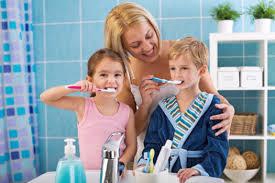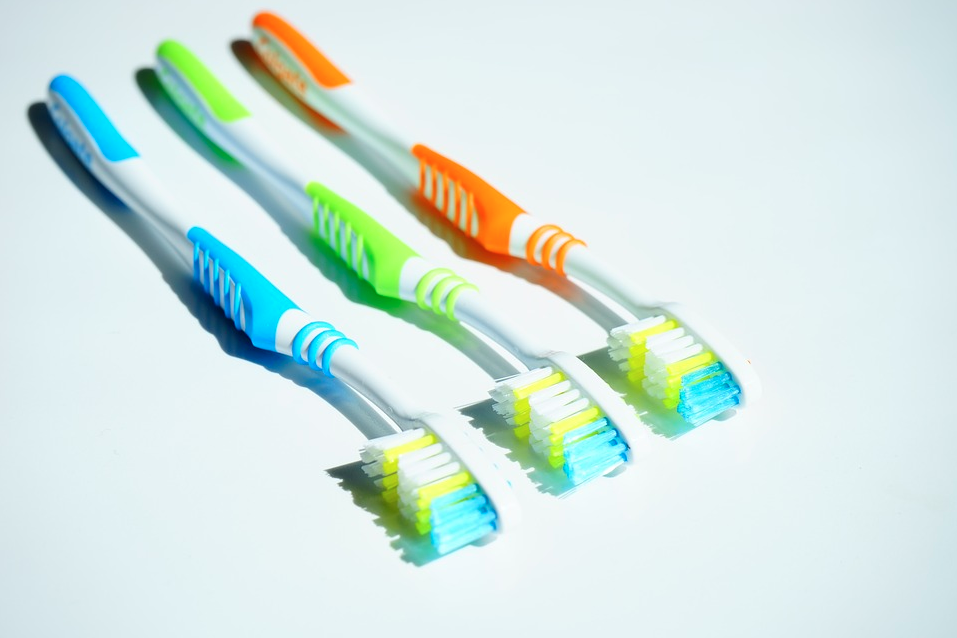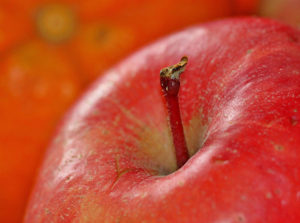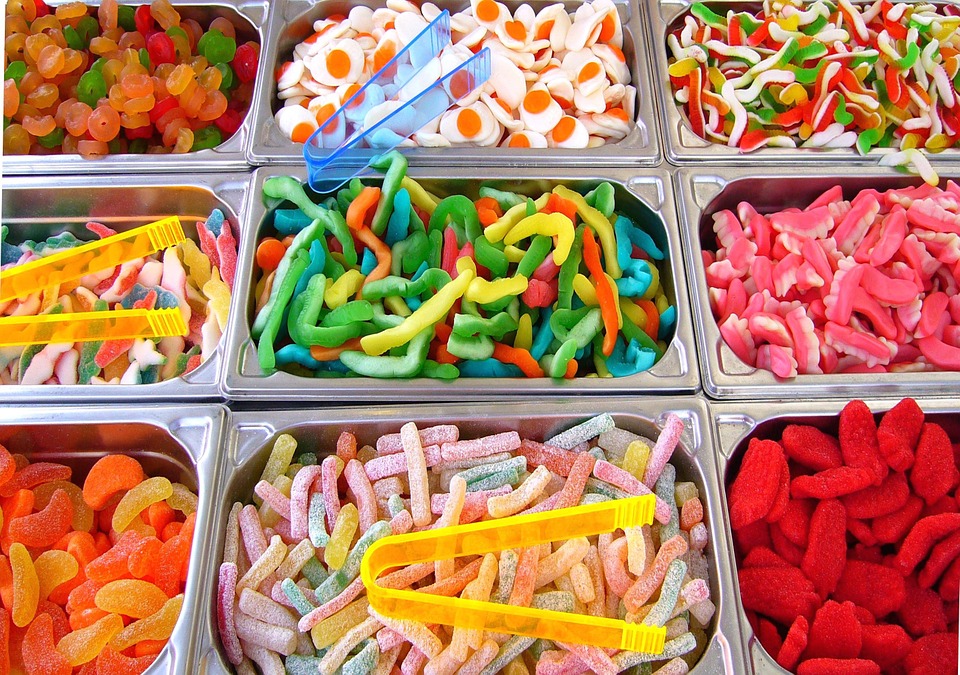
Little teeth will grow into a big smile. To ensure your child is on track for a lifetime of optimal oral health, it is important to instill good oral hygiene habits early in life. We understand that this can sometimes be a challenge. It’s hard to keep the interest of young children, which can make brushing twice a day for two minutes each time difficult to do. We’ve gathered a few pointers to help you and your child make brushing time a fun experience.
Choose a Cool Toothbrush and Great Tasting Toothpaste
Make your child part of the process by allowing them to select a cool toothbrush. By choosing one with a favorite color or neat character on it, selecting a toothbrush can be fun. When it comes time to choose a toothpaste, pick one that is palatable to your child. Not all children find the mint flavors often used in adult toothpastes to be appealing. Instead, go for one with a taste your child loves.
Timing is Everything
It is essential that your child brushes for a full two minutes, twice each day. Two minutes can feel like a long time. Allow your child to control a timer to better engage them in their brushing. Use a sand timer, egg timer, or even a timing app on your phone. Many children also find it helpful to visually see how long they have been brushing.
Brush Together
Children learn by example. You can set a great example for your child by being a brushing role model. Brush together with your child. This also gives you the opportunity to correct any improper brushing habits they may otherwise do on their own. By brushing together, you are also emphasizing the importance of regular brushing each day. Show your child that proper oral hygiene is important.
For most adults, brushing your teeth is second nature. For young children still learning, it can be challenging or boring. You can help your child prepare for a lifetime of optimal oral health by helping them feel comfortable brushing their teeth properly. Stick to cool toothbrush designs and fun flavors. Also try using a timer, and brushing together to further build good habits. Don’t forget that your child should visit us for regular examinations and professional cleanings.
Contact our office in West Lebanon, NH to schedule your child’s next visit.














